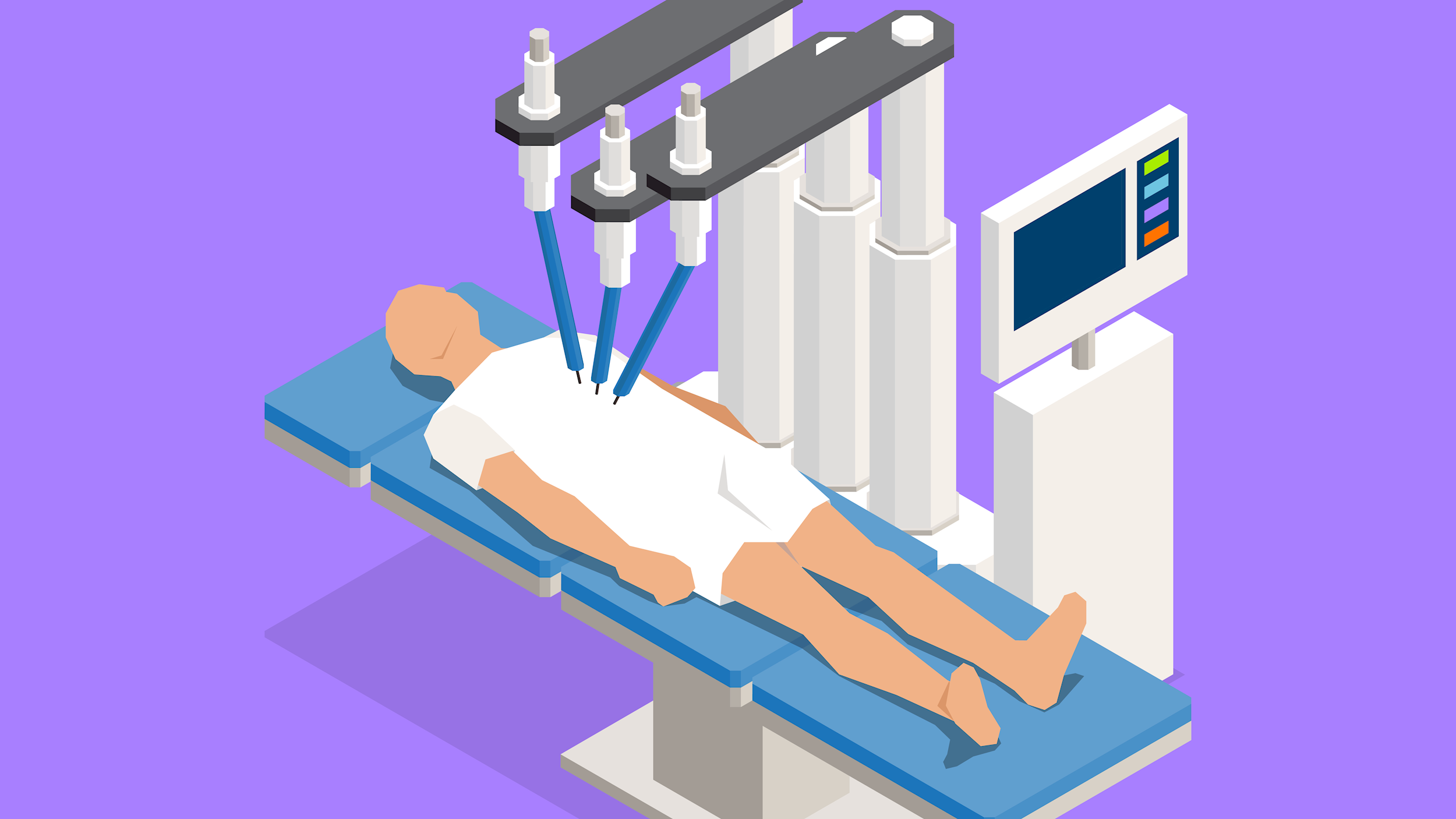Digital healthcare and IP
IP might not be the first exposure that digital healthcare business owners think about, but its prevalence proves the need to have cover and crisis management plans in place.
IP ranges from the coding, design and delivery methods that support digital healthcare products, to the language, logos and branding used in their everyday operations. It’s all too common for practitioners to find themselves embroiled in a costly and time-consuming dispute about how these IP assets are used.
Some businesses will bring false IP infringement actions against competitors in a bid to slow them down and disrupt their commercial operations. Others will feel they have a genuine grievance – that their IP is being used by a third party without permission or the appropriate licenses. Pursuing these claims enables firms to protect the value of their IP assets and prevents others from using them for their own commercial advantage.
For those facing IP infringement claims, it is necessary to stand their ground against those with no merit and to come to an agreement in cases where an infringement is found to have taken place.
The complex landscape of regulation and legislation surrounding IP, as well as the sheer amount of protections in place, mean that it is easy to infringe another party’s IP. But accidental infringements still have to be defended and remedied, which draws heavily on corporate finances and commercial resources.
Digital healthcare and cyber
Since digital healthcare providers handle large amounts of personal and sensitive data, they’re an attractive target for cyber criminals. In addition, the business-critical nature of technology to their operations pushes them up the hit list.
Being ready and able to respond to such attacks is critical for digital healthcare providers. To minimize the impact of an event, it is imperative that their insurance provides immediate technical, financial and crisis management support.
Specialist digital healthcare cover
A longstanding problem for the digital healthcare sector has been the potential for the boundaries between professional, technology and cyber liabilities to become blurred if there are multiple policies in force.
Facing a claim, insureds do not want to find themselves at the center of a disputed liability negotiation between different insurers and policies.
That’s why CFC designed its digital healthcare insurance proposition into a single policy, offering multiple, dovetailed covers that avoid the problems that a patchwork approach can create.
CFC research found that 70% of claims received between 2018 and 2021 have come from areas that would not have been covered under a traditional medical malpractice policy – the need for digital healthcare providers to have specialist cover has never been greater.
In a market that delivers such specialist care, it is important to have insurance to match.
Learn more about CFC’s specialist eHealth policy here, or get in touch at ehealth@cfc.com.



